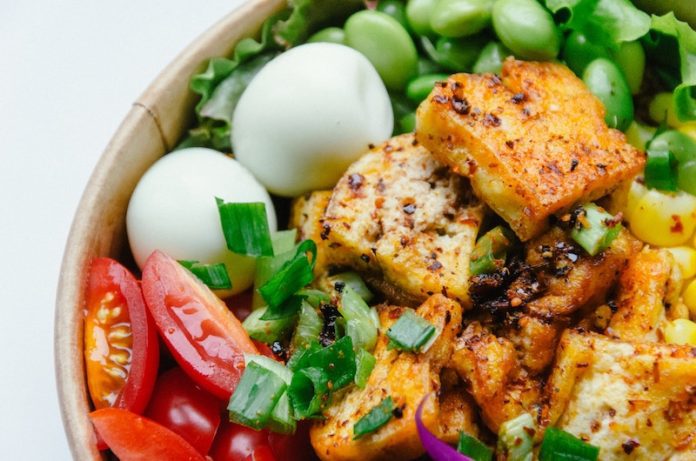
Background: Soy Foods and Their Role in Muscle Health
When it comes to foods that are good for our muscles, one often overlooked candidate is soy.
Rich in soy protein and isoflavones, soy foods are known to help stimulate the making of new muscle proteins and increase our body’s defense against harmful molecules known as ‘oxidants’.
This may help slow down or even reverse the decline in muscle strength.
But, despite this, there isn’t a lot of data from large population studies about whether regular soy food consumption can actually help maintain muscle strength, especially in Chinese adults.
Methods: Studying the Power of Soy in Chinese Adults
To address this gap, researchers decided to launch a large-scale study involving 29,525 participants, with an average age of 41.6 years.
The group included more men (53.8%) than women. To understand their eating habits, each participant filled out a 100-item questionnaire about food frequency.
The researchers also measured the participants’ handgrip strength (HGS) using a hand dynamometer, a device that gauges muscle power.
Results: Soy Consumption and Handgrip Strength
The researchers found that the more regularly participants ate soy foods, the stronger their handgrip strength was.
For example, those who ate soy foods less than once a week had an average handgrip strength of 35.5 kg. But those who ate soy foods four times or more a week had a slightly higher average handgrip strength of 36.6 kg.
Moreover, the researchers found that people who ate soy foods four times or more a week had 36.2% lower odds of having low handgrip strength compared to those who ate soy foods less than once a week.
Conclusion: Eat Soy for Stronger Muscles
The researchers concluded that regular soy food consumption seems to be associated with stronger handgrip strength among Chinese adults.
This suggests that including more soy foods in our diets could have beneficial effects on our muscle health.
So, if you’re looking to maintain or boost your muscle strength, adding more soy foods to your meals could be a smart move.
The research was published in Nutrients.
Copyright © 2023 Scientific Diet. All rights reserved.





